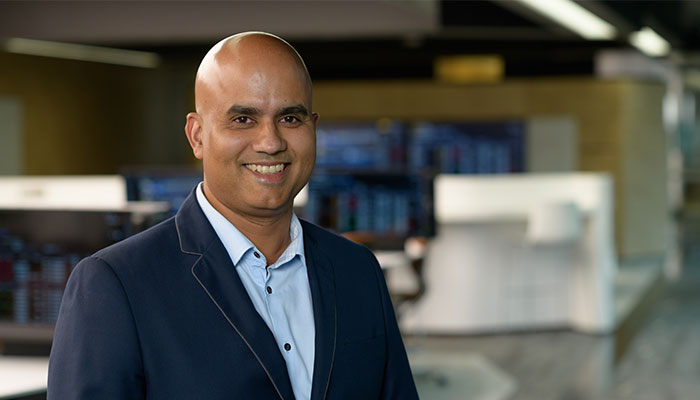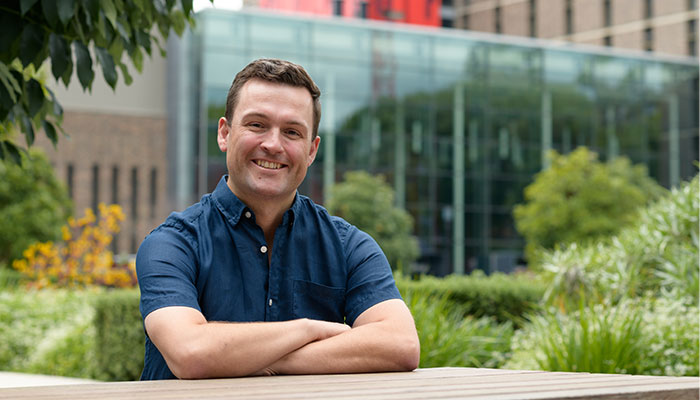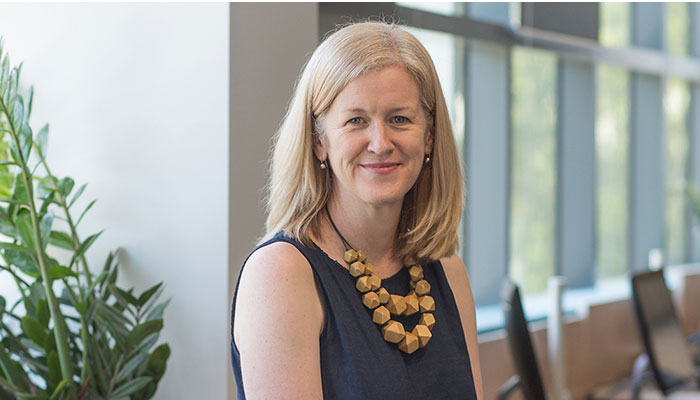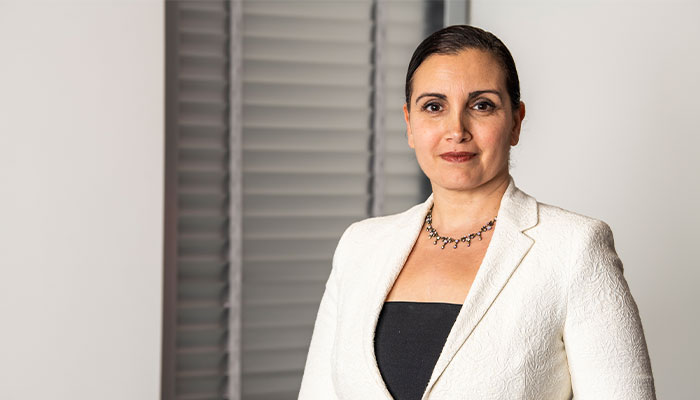
Teacher: Debbie Haski-Leventhal (pictured) is a Professor of Corporate Social Responsibility (CSR) and Volunteering in the Department of Management at Macquarie Business School. She established and led Macquarie University Master of Social Entrepreneurship for several years.
Groundwork: At 20, Professor Haski-Leventhal moved from her home in Tel Aviv to Jerusalem to study philosophy at the Hebrew University of Jerusalem. To support herself, she tutored children from disadvantaged families, going on to study for a master’s degree in not-for-profit management and a PhD in volunteering. She migrated to Sydney in 2008, worked at the Centre for Social Impact and, in 2011, joined the staff at Macquarie University.
Gold stars: Haski-Leventhal was awarded the Vice Chancellor’s Student-Nominated Learning & Teaching Awards in 2021. She is a TEDx speaker and has delivered keynote addresses in Australia, the US, and Europe. She created and led the CSR Partnership Network with leading Australian and multinational corporations. Her research examines how to engage employees in and through CSR, in traditional channels such as corporate volunteering and new ones such as social intrapreneurship. Haski-Leventhal is the author of Strategic CSR and The Purpose-Driven University. Her next book, Meaningfulness, “half a memoir”, will be published by Simon & Schuster.
What students say about her: “Prior to taking the Global MBA and specifically your units, I didn’t exactly care about aligning with brands with a mission. Personally, my own mission was unclear. I feel better about having a stance now. Your approach to teaching and motivating challenged me to reflect on myself, in turn unlocking new interests and passions. I start to teach business in Toronto in May. This is something that wouldn’t have been possible without the Global MBA and leaders like you.”
What Debbie says:
When I was a child, my family became extremely religious. I was sent to ultra-orthodox schools where most teachers were harsh. We had to stand up every time a teacher walked into a room. It was only later, at university, that I was exposed to teachers who were passionate about what they taught and inspired me to do the same.
My pivotal career moments? First, when I tutored a sweet eight-year-old boy, I found how meaningful my life could become by making a difference in someone else’s life. I continued in that program as a volunteer coordinator and, later, vice-manager in charge of a thousand volunteers. I loved it.
Second, at the age of 19, I signed a contract to publish a children’s book. But it was never published. One day I found it in a bookstore under another person’s name. I was devastated but had no financial means to fight it. I gave up my dream of being an author and looked for new career aspirations. The social impact sector emerged as an alternative.
I would like my Macquarie students to see me as someone who inspired them to be better people and better leaders.
I never see myself as a lecturer standing before the students but as an enabler of shared learning. I bring my whole self to the class with courage and vulnerability and create trust. I have a deep connection with the students.
I always think outside the box to offer students meaningful experiential learning. One of the things I used to do in my social entrepreneurship class was to create the “circle of failure”. On the last day, when trust is well established, we stand in a circle and share a story of failure or adversity that turned out well. It helps business students discuss and comprehend the power of failing on the way to success.
I firmly believe that corporate social responsibility needs to be a core unit of our MBA. We cannot have students graduate from our MBA without substantial knowledge of sustainability and the responsibility required from business leaders today.
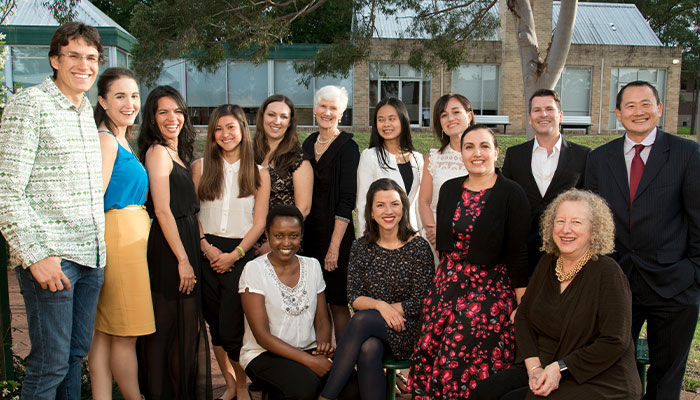
Passion and purpose: Professor Haski-Leventhal with students of the Master of Social Entrepreneurship, and guests.
COVID and technology have changed the way students learn and the way teachers teach. It is not just about the shift to online or hybrid teaching but the changes that create an opportunity for us to reimagine higher education. It’s no longer about professors who speak to slides but who offer experiential learning, co-educate with corporate partners, use virtual reality, and other innovative ways of learning. We should also consider how higher education can have a positive impact, by creating, for example, hands-on assignments that contribute to emerging social enterprises.
COVID helped us to unleash a new wave of innovation and purpose in higher education. We better understand what matters, that we yearn for human connectedness, and that when we work together globally, we can face adversities more effectively. My article on the Seven Positive Outcomes of COVID,which we published in The Lighthouse during the first lockdown in 2020, became its most read article ever.
I would like my Macquarie students to see me as a purpose leader. As someone who inspired them to be better people and better leaders.
What advice do I give my daughters? Do what you love with passion and try to use it to make the world a little better. In my new book, Meaningfulness, I talk about how to live a more purposeful life. You can do this by tying together your talents and your joy to make a positive impact in someone else’s life. Sounds complicated? Start by using your skills to volunteer.
If I were a student enrolling at Macquarie today, I would expect my university to give me the tools to not only deal with the challenges of the 21st century but to become a change-maker who can help solve them. We focus so much on employability, but we need to also concentrate on impactability – students’ ability to create a positive impact.

